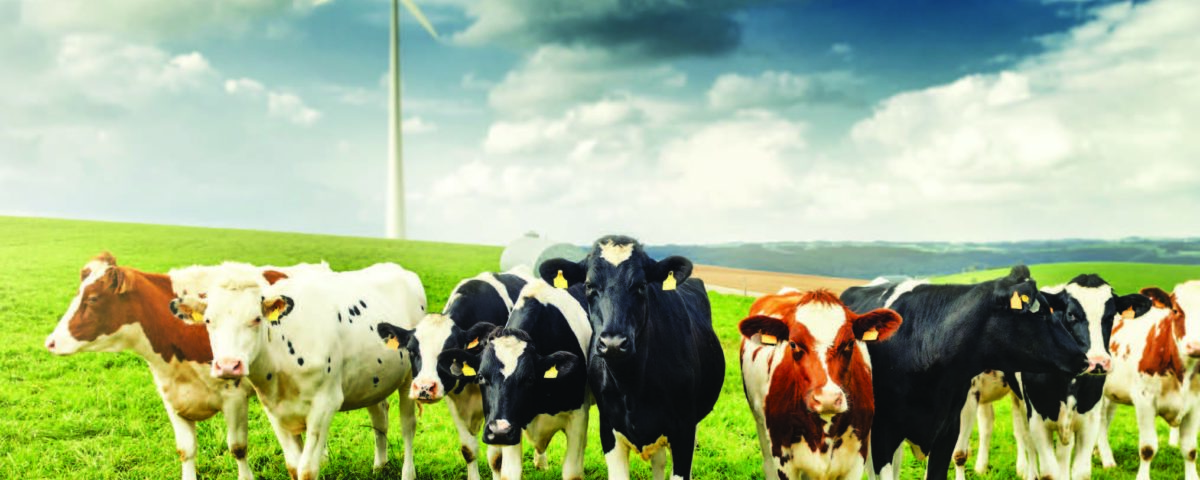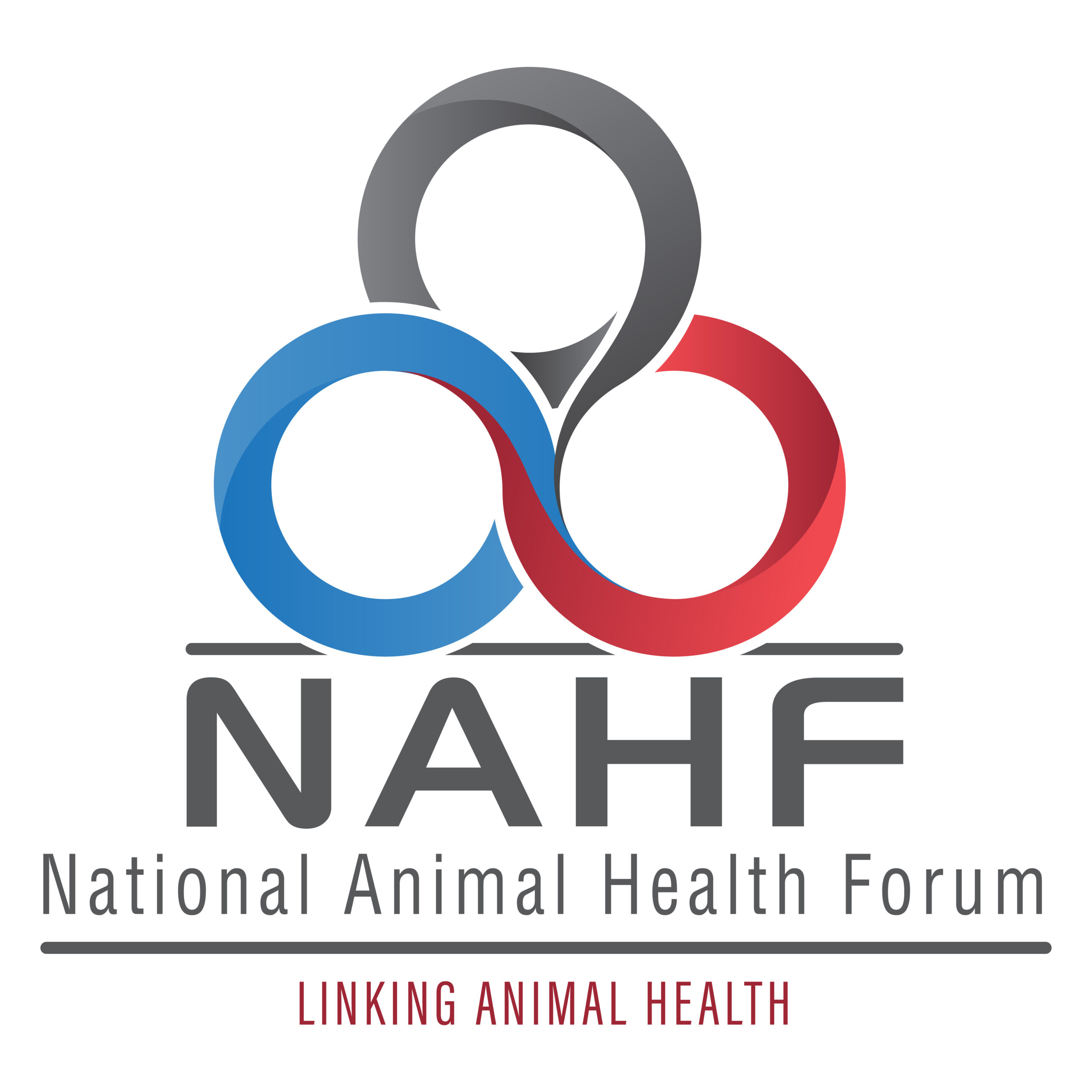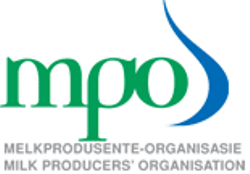
I’ve heard it said that life begins at 40! I’m not qualified to express an opinion on that, but what I do know is that the life of a productive heifer starts before she is even born, during the dam’s dry period. To wait for 40 years to develop a child’s potential would make no sense. Similarly, attempts to optimise the growth of your future replacement cows should not start a few months before breeding, but rather while they are still foetuses – and then progress must be maintained. The reason why it is important to optimise this growth very early on is that it affects both immunity and the structural and functional development of the cow.
Immunity
The immune system is often an important determinant of a cow’s performance, because a lot of energy is used up when an animal is sick (immune-challenged). This energy must come from somewhere, so it is diverted away from growth, production, and reproduction. In addition, an immune-challenged cow may decrease her feed intake, with a further negative effect on productivity and performance.
Immunity can be boosted through the quality and quantity of the colostrum given to calves, which, in turn, is dependent on well-managed dry cows that have been allowed enough time to rest (usually 60 days) before calving. Adequate dry matter intake of a well-formulated dry cow ration that contains adequate minerals has an impact on both calf and cow immunity, especially while they are both in a fragile state around the calving period. It is important that the calves receive as much colostrum as possible within the first six hours after birth, as the ability to take up and utilise immunoglobulins decreases drastically after that.
Structural and functional development
A child’s growth phases require different nutrients in various proportions at different times for the various phases of growth and different bodily developments. Calves grow up to be the future of the herd and how they grow affects their production potential and how efficient they will be in the system.
Different stages of development from calf to heifer have different nutrient requirements for very specific reasons. For example, if the calf is to reach the target weight and age at mating, feed must promote good udder growth and development while preventing the deposition of too much fat in the udder and around the reproductive organs. We cannot expect a heifer to grow optimally if she is fed inappropriately or inadequately for her stage of production.
Conclusion
Optimum nutrition at different stages of growth and immune development will have a positive impact on the development of future heifers, which will positively affect the productivity, fertility, and longevity of your heifers. Therefore, to farm for optimum growth, optimal development, and the best return on investment, we should never forget that for the unborn calf, life begins during the dam’s dry period.
Published on Friday, 12th June 2020 - 11:22
Recent Posts
disclaimer









